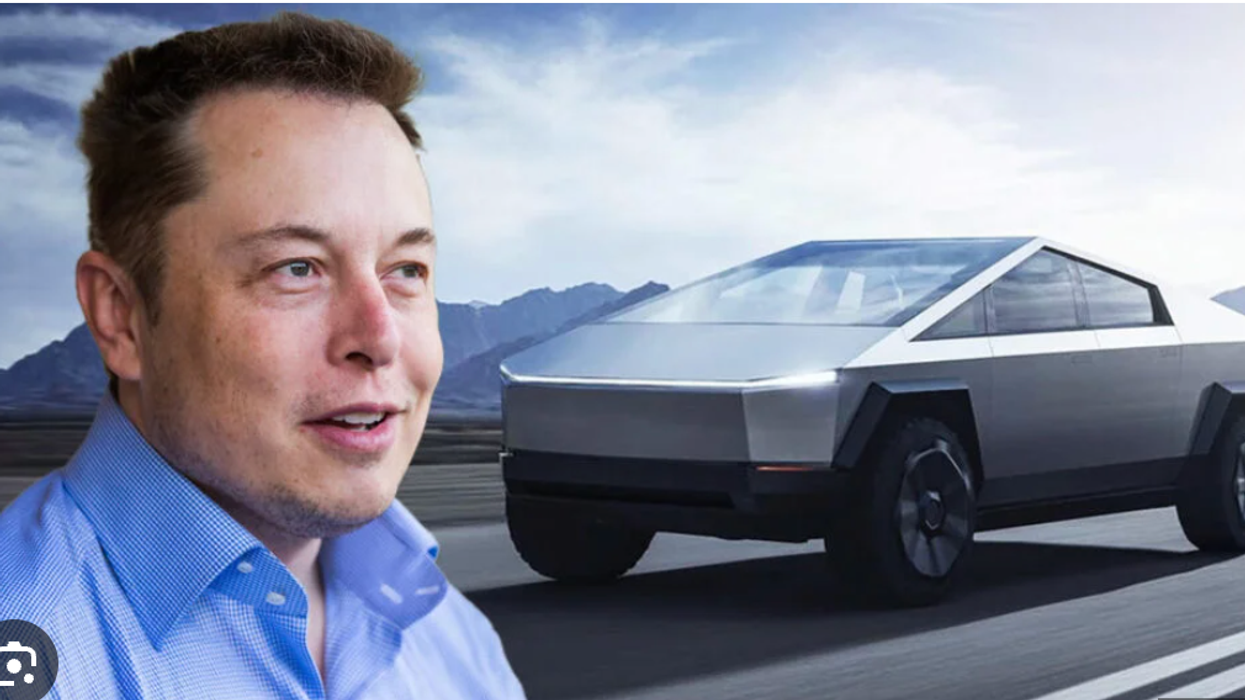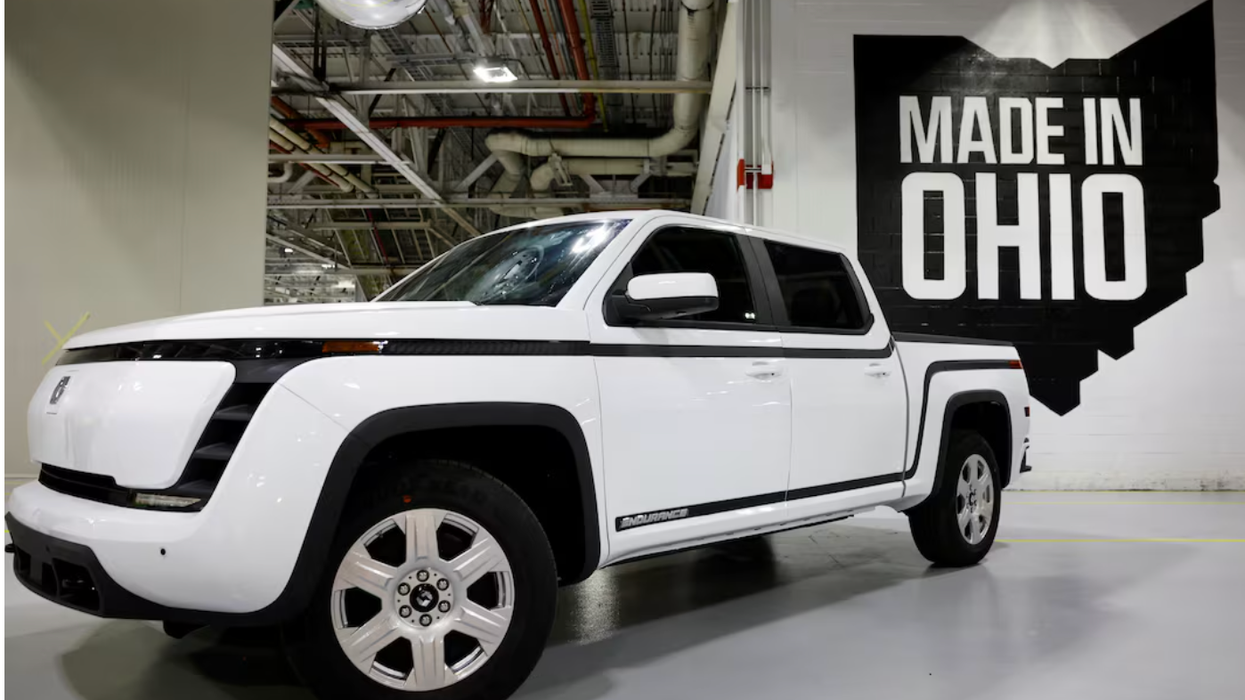A Shrinking World Market For That Would-Be Trillionaire's Vehicles
The Tesla board has offered to make Elon Musk the planet's first trillionaire if he meets certain milestones in rocketing the automaker to new glory.
Did Musk show true brilliance the first time around? Yes, he did. Tesla's stock price rose 700 percent in 2020, making it more valuable than Toyota, Volkswagen, General Motors and Ford combined.
But there's another question. Who is going to buy his Teslas now?
Musk has burned many a bridge since he built up the company to a world force. Tesla was once the great green energy hope, offering an elegant way to replace planet-warming fossil fuels with cleaner electric power. Recall that the Obama administration extended the company a $465 million federal loan because Teslas had made electric vehicles cool.
But then Musk spent over a quarter-billion dollars getting Donald Trump elected in 2024, angering his environmentalist consumers. As head of the Department of Government Efficiency, Musk gleefully went after environmental funding, including grants to universities and services tied to the National Oceanic and Atmospheric Administration.
Overnight, Teslas became uncool. Some Teslas were torched, showrooms attacked and even charging stations set on fire. Embarrassed Tesla owners put stickers on their vehicles with slogans like, "I bought this before we knew Elon was crazy."
(No excuse for the vandalism. Many Tesla owners had bought the EVs as a badge of environmental activism. In any case, harming private property to make a political point is criminal, whatever the motive.)
Tesla is on track to mark its second consecutive year of falling revenues here and elsewhere. European sales have fallen by 40% and more, reflecting Musk's ties to the much-disliked Trump.
In one of Tesla's biggest foreign markets, Germany, sales in the first seven months of this year crashed by more than 55%. Musk tried to insert himself into that country's election by endorsing the far-far right Alternative for Germany party as "the best hope for Germany." (Chancellor Olaf Scholz condemned his remarks as "disgusting.") Musk also provided an ugly visual by raising his arm in what looked like a Nazi salute. In this country, Teslas were painted with swastikas and the words "Nazi cars."
Meanwhile, Tesla no longer dominates the EV show in this country. Chevrolet's Equinox EV now competes with Tesla's Model Y. Cadillac's Optiq crossover has entered the EV market big time. And Ford is converting a Kentucky assembly plant to build affordable midsize electric pickups.
The Chinese EV maker, BYD Co., has just passed Tesla in European sales. BMW, Mercedes-Benz and Volkswagen are also showcasing their new models.
Tesla is hard at work trying to launch a robotaxi service. But so are other companies.
Because Musk has done so much for MAGA, it's possible that members of that EV-bashing movement might buy Teslas in a show of solidarity. But Musk is no longer one with the Great Leader.
He's had run-ins with Trump, most notably his bashing of the "One Big Beautiful Bill." Two obvious reasons for Musk's discontent: It ended subsidies to buy electric vehicles and slowed the expansion of charging stations. Consumers have until the end of this month to make use of the $7,500 new clean vehicle tax credit.
And so who is going to buy Musk's cars now? Probably not the defenders of all that Trump does and says. Not the environmentalists who despise Musk. Not the 280,000 federal workers his DOGE fired. Or their families. And not many of the EV shoppers who today have more choices.
Musk may have drawn warm applause from investors when he promised to devote "maniacal" attention to Tesla going forward. It's a good guess, however, that the audience of actual buyers was sitting on its hands.
Froma Harrop is an award winning journalist who covers politics, economics and culture. She has worked on the Reuters business desk, edited economics reports for The New York Times News Service and served on the Providence Journal editorial board.
Reprinted with permission from Creators.












